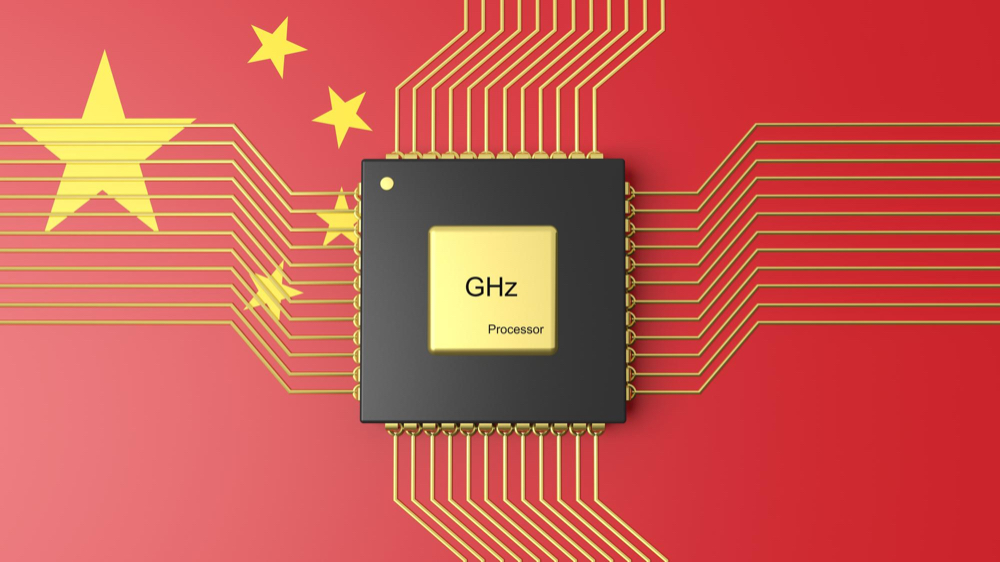The global race to harness quantum science is intensifying. Recognizing the strategic potential of quantum technology for economic, military, and scientific advancement, China is focusing on quantum breakthroughs as a way to shift the balance of power, especially in its competition with the United States. President Xi Jinping has emphasized the importance of scientific innovation, particularly in quantum fields, to fuel national development and ensure security.
Chinese researchers, led by figures like Pan Jianwei, have made significant strides in quantum communication and computing. China is particularly advanced in quantum communication, building secure networks that use quantum key distribution (QKD), which is virtually unhackable. China has also launched quantum satellites, like Mozi and Jinan-1, to bolster its space-ground quantum network.
Despite its achievements, China may face challenges in keeping up with competitors. The quantum industry lacks robust private investment and relies heavily on state support, while geopolitical tensions, particularly with the U.S., risk isolating China from essential technologies. The coming decade will be crucial as China continues to navigate these obstacles in its quest for quantum supremacy.
Policy recommendations:
- Given the strategic reach and military potential of quantum technologies, and given the central role of the Party and state in the quantum industry in China, any European partnership with and investment in China should be scrutinized carefully;
- Europe must keep up with quantum application developments and standardization so that it does not entirely rely on technology and norms developed by foreign powers in the future;
- Europe may play a constructive role in preventing the fragmentation of norms between the US and China.
About the Author
Marc JULIENNE, Director, Center for Asian Studies, Ifri.


